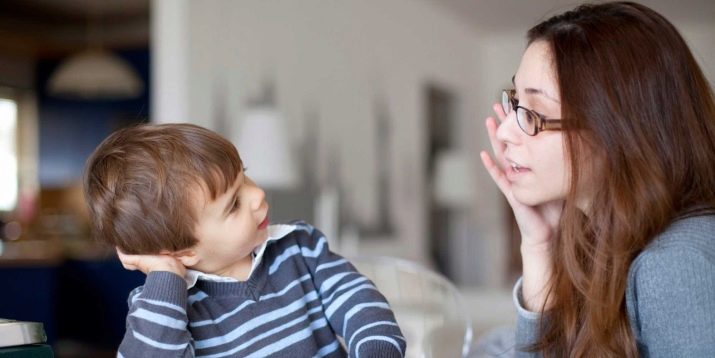All about pedophobia
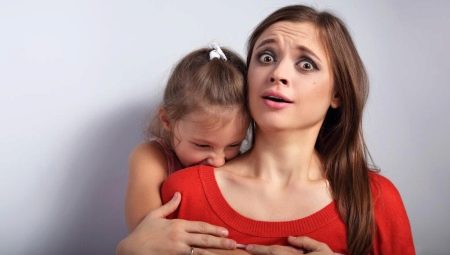
Among the most elaborate and intricate rare fears that people can experience, pedophobia deserves special attention - fear of small children. This mental disorder is not common, but it can have quite devastating consequences for a person's life.
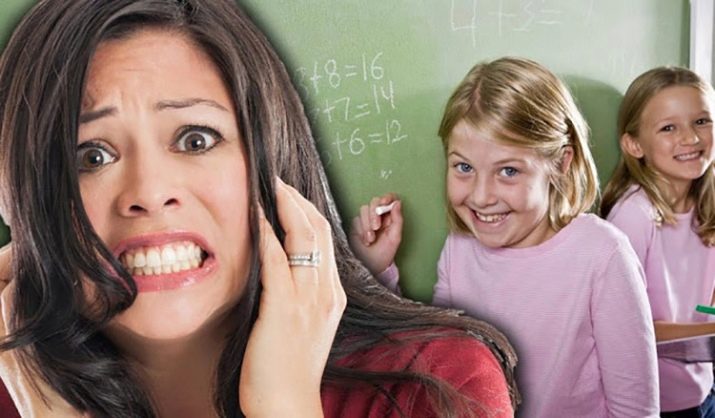
Description
Pedophobia is an anxiety-type mental disorder that is very difficult to reasonably explain logically. A healthy person experiences fear as a defense mechanism in case of danger that really threatens him. But what danger can lie in babies, because even the strongest of them is not stronger than an adult and cannot be dangerous?
Nevertheless, with a fear of toddlers, which is called pedophobia, there is a strong, and sometimes panic, fear at the sight of small children.who have not reached adolescence. Phobia takes different forms, sometimes expressed in refusal to give birth to their own offspring. It affects both men and women.
Pedophobia is considered an isolated phobia, the object of fear of which is the only one - it is children. It is believed that pedophobes can live their entire lives without going to doctors, because it is not so difficult to avoid contact with children. But it is almost impossible for a pedophobe to create his own full-fledged family, in which there will be children... Even if there is a partner, the prospect of having children is seen by a person as terrible, nightmare. And therefore, relationships with a partner often collapse.
With relatives and friends, who sooner or later acquire families and children, pedophobes smoothly stop communicating, trying not to meet. In severe form, the disorder can be very dangerous for the psyche.
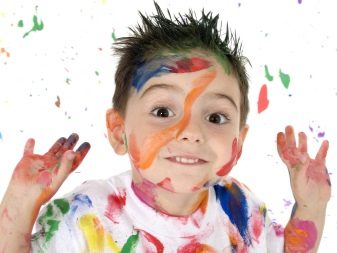
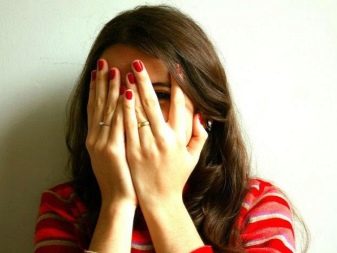
But such forms, when a meeting with a baby causes horror, panic and inappropriate behavior, are isolated cases. More often, pedophobia proceeds more calmly, and it is quite enough for a person to avoid meeting with a baby, simply by crossing the street or by accelerating your pace when parents are walking towards you with a stroller.
But patients cannot completely eliminate the object of fear from life - children are found in stores, on the street, in pharmacies, they are shown on TV, and therefore anxiety is gradually growing, causing more and more serious changes in the psyche and worldview of a person. The character changes - he becomes irritable, unrestrained, quick-tempered, a person is prone to depression for any reason. Children are annoying, and even if you can hear them playing in the yard, laughing or crying through the window, the pedophobe feels anxious and wary. It seems to him that there is danger somewhere nearby. Since the fear is irrational, illogical, the patient himself cannot clearly explain to relatives and friends why he does not love and avoid children, and therefore becomes withdrawn.
Some, however, find an explanation that protects them from the need to tell the truth - they begin to deny the values of marriage, family, claim that they have lost faith in everything, or simply "childfree." There are many social explanations that can "mask" the true circumstances, to admit to which it is very embarrassing.

Causes of occurrence
Often the prerequisites for pedophobia appear in childhood. So, an older child may be too painful to perceive the birth of a younger brother or sister. Jealousy of parents automatically correlates the image of a baby with danger, because the loss of parental love for a child is a real real danger. Fear of small children can appear after an incident - a child accidentally or deliberately injured a younger child, for which he was severely punished.
Children's jealousy on the occasion of the birth of a brother or sister usually passes over the years when a rational explanation appears for everything that happens. But the strong image of a child that has become entrenched in connection with a sense of threat can persist for the rest of his life. And an adult with pedophobia himself, in most cases, does not remember exactly what events served as the basis for his fear.
Sometimes potential pedophiles become pedophobes. If an adult is aware of his physical attraction to children, then he may deliberately avoid communication with children, and gradually avoidance will become habitual, transforming into fear.
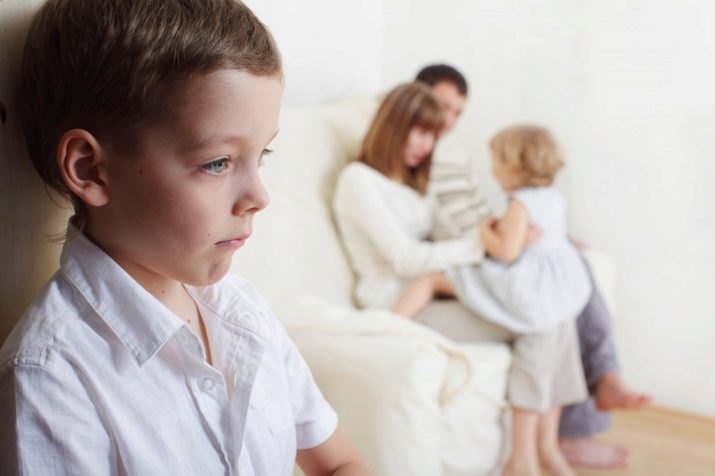
Fear can also be rooted in parenting. There are families in which the birth of children is almost elevated to a super-idea, a cult. And children from an early age are taught that they themselves should become parents when the time comes. This happens if both parents are very religious. They are not interested, but what, in general, do children dream about, maybe flying into space is a more valuable dream for them than the prospect of washing sliders all their lives? And the inner conflict in which such a child grows up may well become the basis of fear.
In adults, pedophobia can arise against the backdrop of tragic events - hitting a child in a car, a woman losing a child during childbirth. It is noteworthy that joint (partner) childbirth, which is popular today, can cause the development of pedophobia in men.
Almost always, pedophobes are misanthropes. But this is not surprising at all, misanthropes not only do not like children. They don't like all of humanity as a whole.
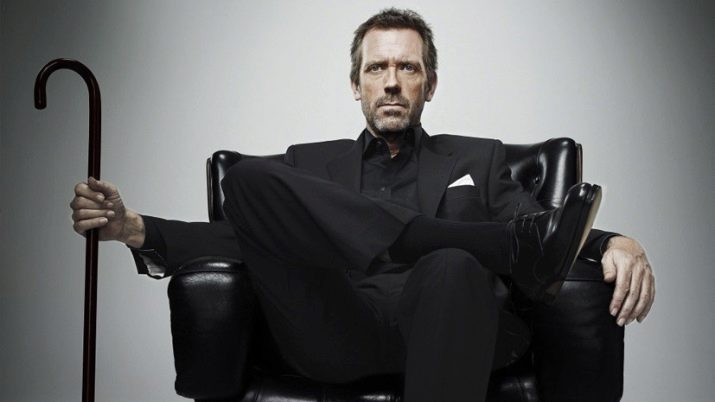
Symptoms
Women and men have different symptoms of pedophobia. A woman who suffers from a pathological fear of babies is horrified at the news that she is pregnant, and even when discussing this possibility with her partner. A man may be horrified to hear that his girlfriend is pregnant. He will insist on an abortion, and with a high degree of probability, he will try to run away and hide away from the woman if she refuses to terminate the pregnancy.
Pedophobia is strikingly different from other phobic disorders - it does not have panic attacks. But this does not make it easier for the patient, since a strong anxiety almost does not leave him, from time to time decreasing and increasing. So, both men and women diligently, and sometimes deliberately avoid contact with children.
If the partner turns out to be persistent, and nevertheless persuades the pedophobe to have children, the ending can be very sad - the patient refuses to engage in upbringing, cannot calmly endure the crying of children, tantrums, ultimately the child may even end up in a shelter - the pedophobe should not refuse anything From him. And it's good if there is a grandmother, a grandfather, to whom such a child is handed over to education until the age of majority. If there are no such relatives, the child's fate may be unenviable.
Experts are inclined to believe that pathology is only considered rare, because pedophobes rarely go for help officially. In fact, in every third family where children grow up with grandmothers with living parents, there is a possibility that one of the parents is a pedophobe, and the second simply depends on him in some way.
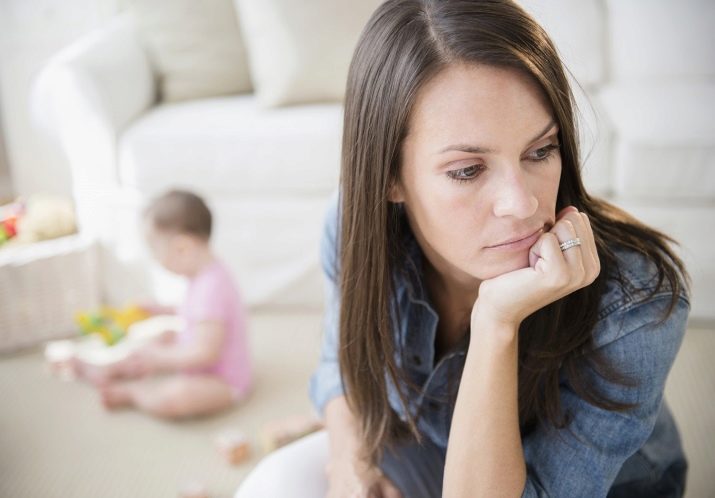
How to get rid of fear?
Unfortunately, it is almost impossible to do this on your own. Calls to pull yourself together will not help, and even more so, you should not try to be treated by the method of the opposite - to give birth to children in spite of your fear. Nothing good will come of it.
First of all, you should not be afraid to admit that you have such a problem. Therefore, honestly answer yourself the questions, do you enjoy, approve of the pictures of pink-cheeked toddlers, or are you unpleasant to contemplate them? Do you want children? Do children of neighbors, colleagues, acquaintances cause you anger and irritation?
And it is not so important what exactly you answer, it is important how you will feel at the same time. Discomfort when you think about children, anxiety and anxiety are the first "bells" that should make you throw away false shame and go to see a psychotherapist.
This is what a specialist can, knows how and must help. First of all, it will help to find the causes of fear, even if they come from early childhood, the events of which have already been partially erased from memory. The method of cognitive-behavioral psychotherapy will help to change the attitudes that associate the image of children with danger into positive ones, and a person will begin to perceive children in a different way. Hypnotherapy and NLP can be used for treatment.
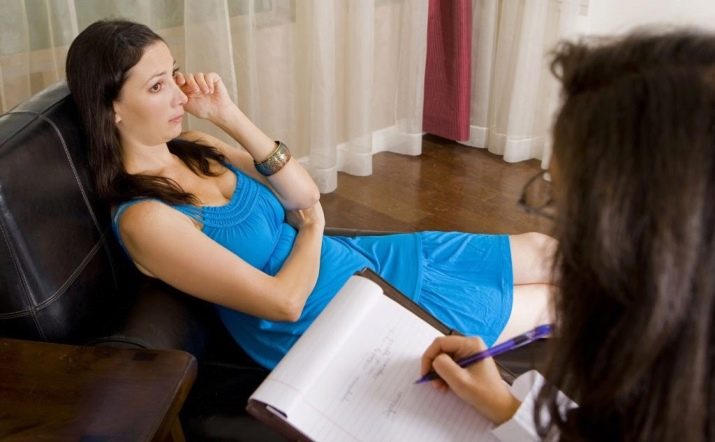
The need for drugs appears only in severe forms, but we found out that they are single and rather an exception. In this case, tranquilizers, antidepressants help to reduce anxiety, but even in severe cases, the main hope is placed on psychotherapy.
Simultaneously with the course of treatment, it is recommended to engage in breathing exercises, meditate. As the attitudes change, with the permission of the doctor, you need to start gradually communicating with children - with the babies of your acquaintances, relatives, friends, communicate with their parents, do not hesitate to ask and ask questions. Young mothers and fathers will be happy to share their experience and convince that children are happiness, albeit sometimes quite difficult.
